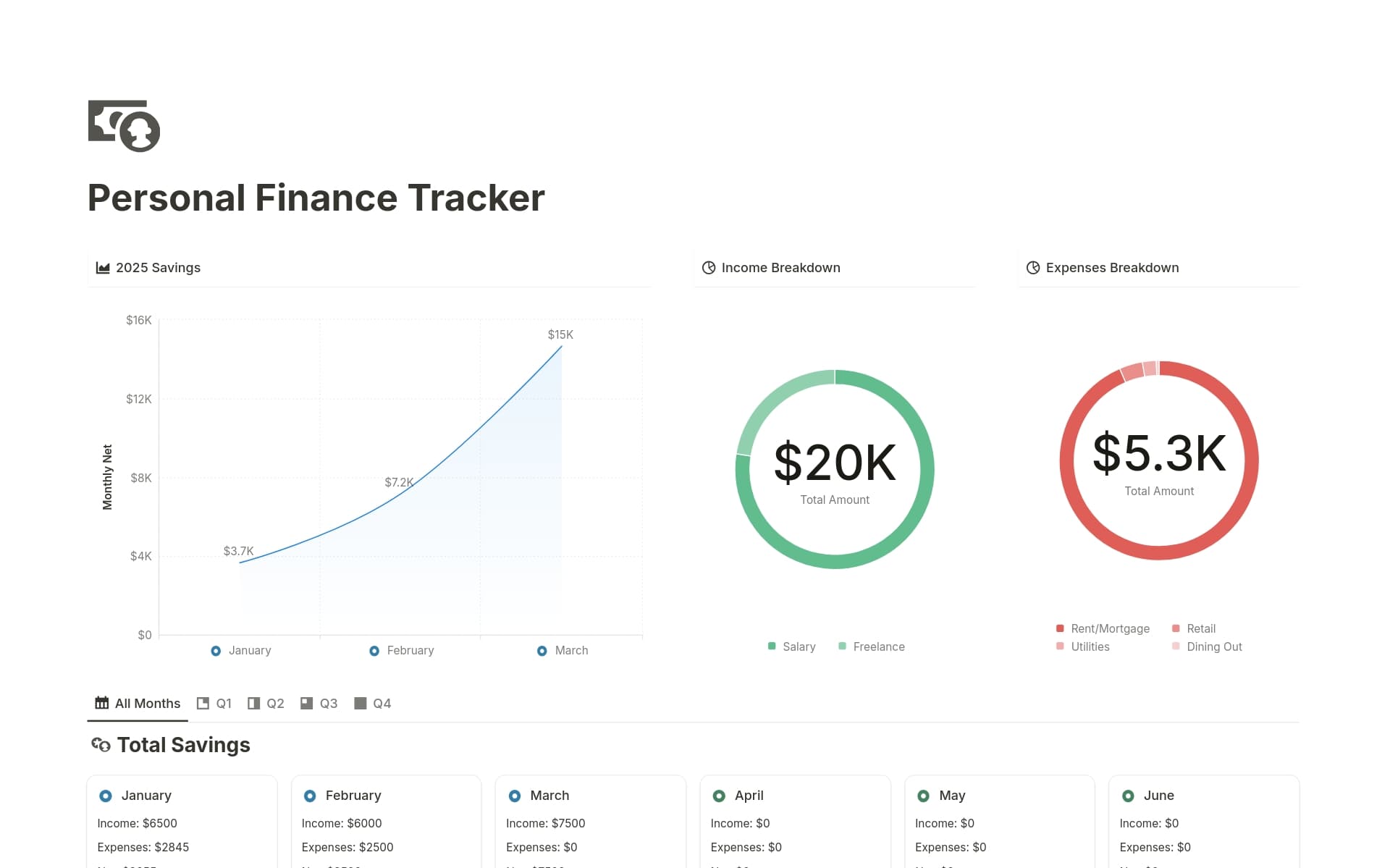Product development is a critical process that transforms ideas into tangible goods or services, driving innovation and business growth. A well-structured Product Development template in Notion can streamline this complex process, ensuring that all aspects of product creation, from ideation to launch, are meticulously organized and easily accessible. This can lead to more efficient workflows, better team collaboration, and a higher chance of success in the market.
Before you dive into creating your own Product Development system, take a look at these Notion templates designed to make the process smoother and more effective.
What Should Product Development Templates Include?
Choosing the right Product Development template in Notion can streamline your workflow and enhance your team's productivity. Here's what to look for in a top-notch template:
Comprehensive Roadmap: The template should include a detailed roadmap that outlines each phase of product development, from ideation to launch, ensuring all team members are aligned.
Collaboration Tools: Look for features that facilitate collaboration, such as integrated task assignments, progress tracking, and communication tools to keep everyone on the same page.
Resource Management: A good template will help you manage resources effectively, including time, budget, and manpower, with tools for tracking and optimization.
Feedback Loops: Ensure the template incorporates mechanisms for collecting and integrating feedback at various stages, which is essential for iterative development and continuous improvement.
Selecting a template that fits well with your team's dynamics and project goals can significantly impact the success of your product development efforts.
What Should Product Development Templates Avoid?
Choosing the right Product Development template in Notion can streamline your workflow significantly. However, it's equally important to know what features might hinder rather than help. Here are a few components to steer clear of:
Overly Complex Structures: Templates with too many layers and subcategories can confuse and slow down your team. Simplicity fosters clarity and efficiency.
Fixed, Non-Customizable Elements: Avoid templates that don't allow you to modify elements according to your project's specific needs. Flexibility is key in product development.
Generic Content: Templates filled with placeholder texts and irrelevant content can be more of a hindrance than a help. Look for templates that are easily adaptable to your product specifics.
Remember, the best template is one that fits seamlessly into your existing processes and enhances your team's ability to deliver innovative products efficiently.













